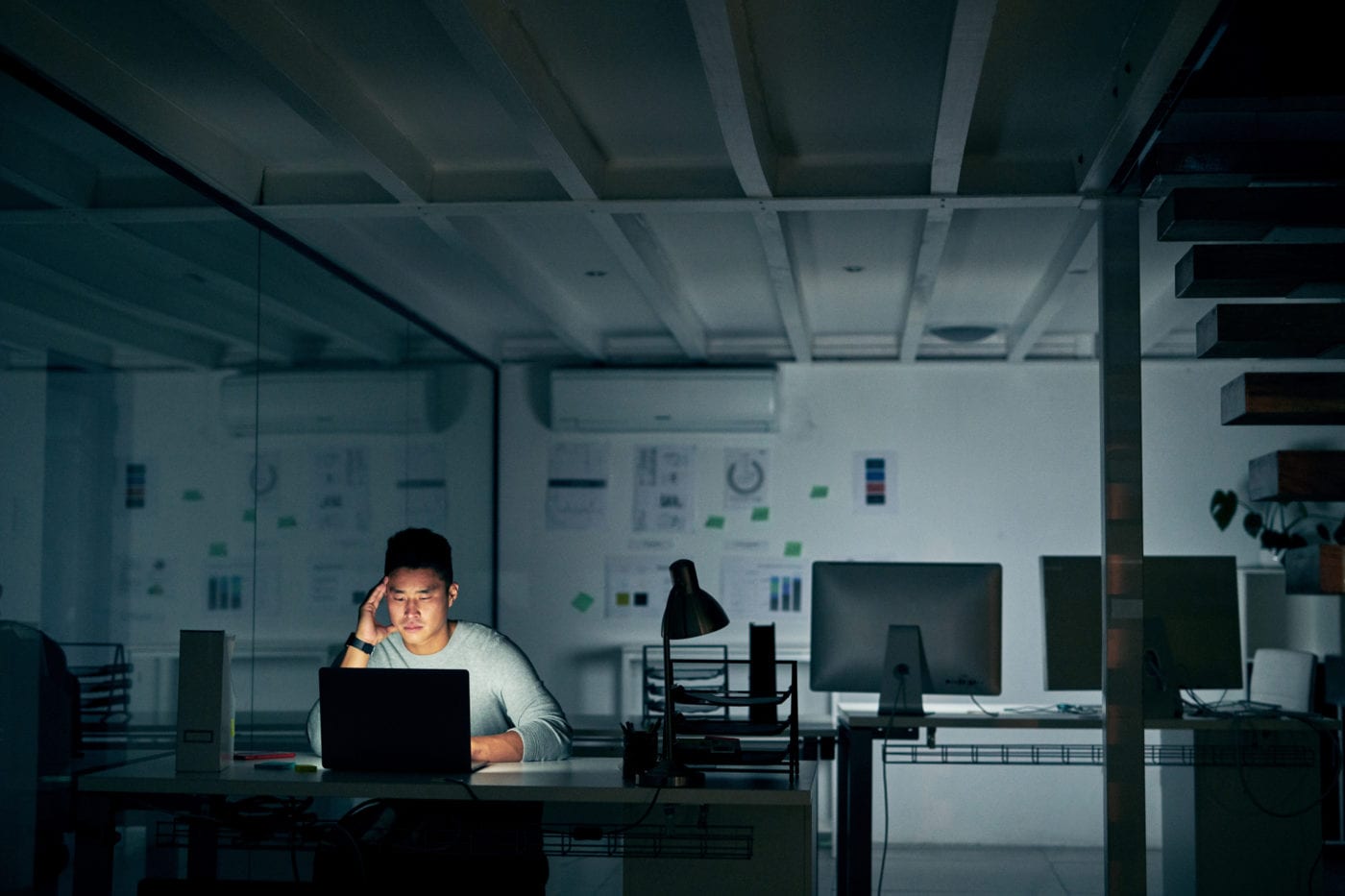I like to think I can do anything and everything, all at the same time. Right now, I am cradling my newborn in one arm, jotting this article down with my other hand, while simultaneously cooking pasta for my family. Dinner is going to be late tonight. You may multitask most at work when you’re responding to emails during a meeting or at home when you’re reading a book while watching TV. But do you know why multitasking is bad? Did you even know that it is?
Multitasking seems smart but has unconscious side effects. Even a computer that can adjust to new tasks at a rapid pace cannot solely multitask. Machines reduce energy from one job to prioritize another to keep from crashing. So, why do we think we can be more efficient than a computer? Why do we think we won’t burn out? Here are 5 reasons why multitasking is bad for you.
1. Decreased Productivity
Multitasking decreases productivity due to the “switching cost.” Whenever you switch tasks, say from doing dishes to writing an email, both tasks take longer than if you gave them 10 minutes of undivided attention each. Plus, frequent task switching harms your brain. According to Standford University researcher Clifford Nass, “chronic multitaskers” have impaired cognitive processes and trouble getting into “deep thought.”
Bottom line: If you multitask, you will be less productive.
2. Reduced Concentration
Multitasking breaks your ability to concentrate. Think about a time when, distracted by your phone, your kids started asking you questions. You most likely ignored them or permitted them to do something you didn’t intend. Your concentration broke due to multitasking. Switching to a new task before you’ve finished the last becomes a habit. It erodes your ability to see a whole task through.
Bottom line: If you multitask, you will lose the ability to focus.
3. Increased Anxiety
Multitasking increases the production of the hormone cortisol in our brains, which naturally raises stress. Taking on too many tasks only increases anxiety in men. When the male suicide rate is already 3.5 times higher than that of females, it is time for men to learn to change the word “now” to “no” in their vocabulary. Take tasks one at a time and do not agree to do more than you can handle.
Bottom line: If you multitask, you will become more anxious.
4. Depleted Willpower
Willpower is the ability to make sound decisions, especially when the stakes are high. Multitasking depletes your willpower and leads to poor choices. Neuroscientist Daniel Levitin says, “One of the first things we lose is impulse control. This rapidly spirals into a depleted state in which, after making lots of insignificant decisions, we can end up making truly bad decisions about something important.”
Bottom line: Multitasking can lead to bad decisions.
5. Inhibited Emotional Intelligence
Emotional intelligence is the ability to accurately perceive, manage, use, and understand emotions—yours and other people’s. It comes from self-awareness, which involves tuning in to what you are feeling and how you can manage it better. According to Travis Bradberry, author of the book Emotional Intelligence 2.0, by multitasking daily, you could be damaging the very part of your brain responsible for social/emotional relationships. Frequent task switching diminishes gray matter in your brain, which is where emotional intelligence resides. Multitasking doesn’t just hurt your current performance, but your future success.
Bottom line: Multitasking reduces your ability to increase your emotional intelligence, which children learn directly from their parents.
Earn some points: Are you married? If so, share this iMOM article with your wife: This Easy Move Gives Kids Your Undivided Attention.
Sound off: When do you find yourself multitasking the most?












Huddle up with your kids and ask, “What is one thing I can do for you today?”